In a sudden escalation of bilateral tensions, India's Home Minister Amit Shah announced on June 21, 2025, that the government will never restore the 1960 Indus Waters Treaty with Pakistan. The World Bank-facilitated treaty was tasked with the management of six key rivers, of which western rivers supply approximately 80% of Pakistan's irrigation needs. Salma Raza of Reuters News broke the news live, quoting both Shah and government sources.
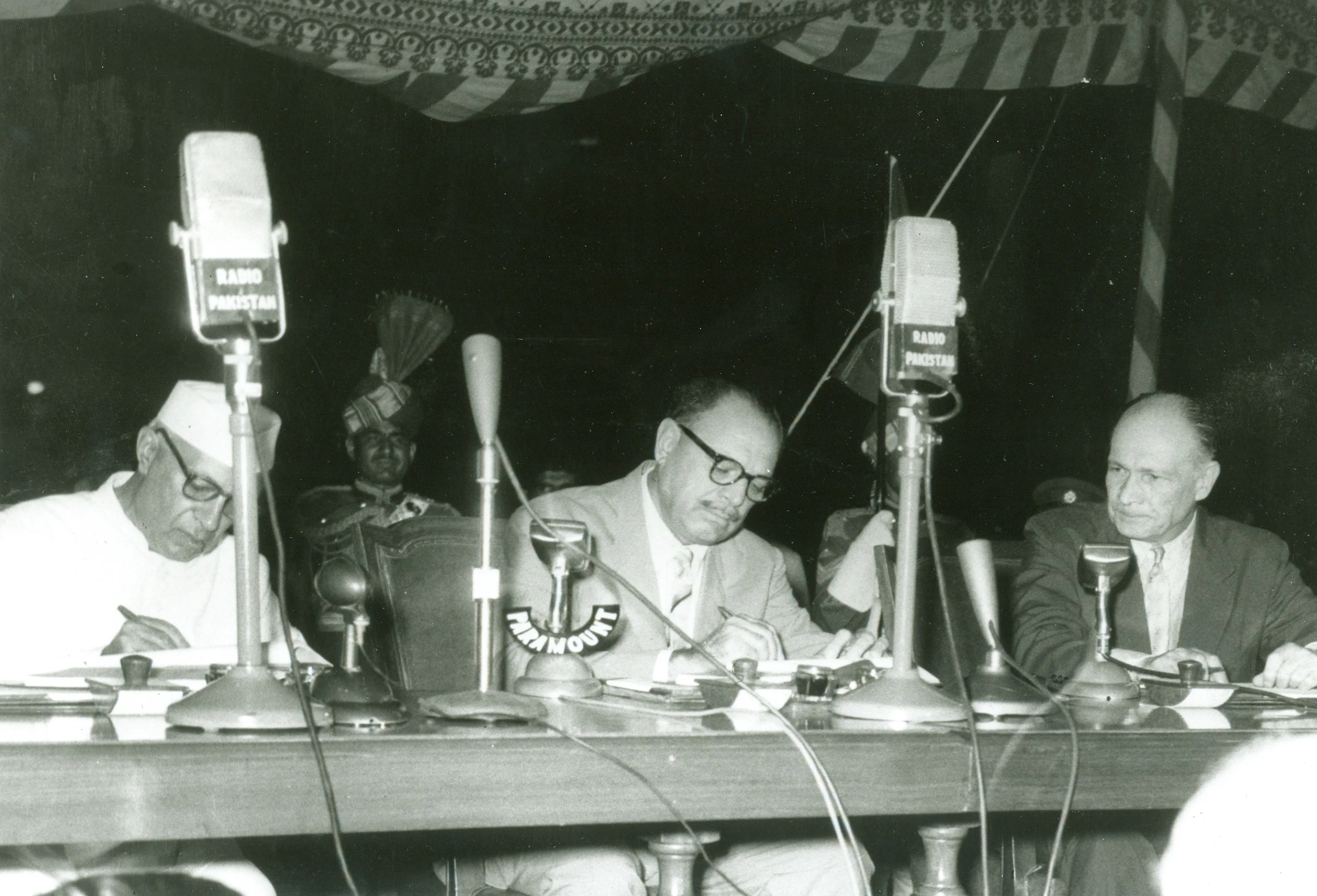
/*Historical Context: A Watershed 1960 Agreement*/
The Indus Waters Treaty was signed on September 19, 1960, by India's Jawaharlal Nehru and Pakistan's Ayub Khan to provide for the specific allocations for the Indus and its five tributaries. India was granted rights over the eastern rivers (Ravi, Beas, Sutlej), and Pakistan was granted control over the western rivers (Indus, Jhelum, Chenab). The treaty also enabled India limited use the western rivers for non-consumptive purposes like hydropower. The treaty never technically lapsed and had been for years considered a permanent symbol of cooperation, managing to survive wars in 1965, 1971, and 1999.
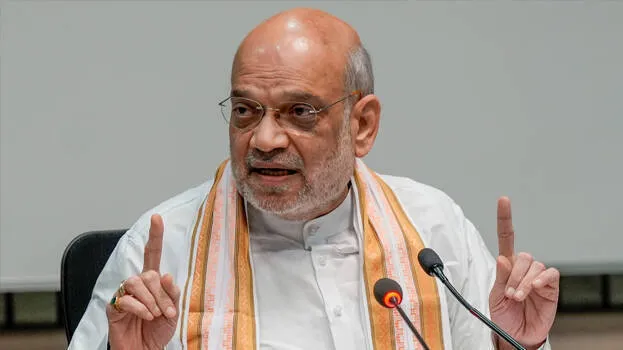
/*India Suspends the Treaty: Strategic Retaliation*/
India suspended its cooperation on April 23, 2025, following an attack by terrorists—allegedly Pakistan-based—on 26 civilians in Pahalgam, Kashmir. The suspension would continue until Pakistan "credibly and irrevocably abjures its support for cross‑border terrorism," according to India's External Affairs Ministry and reported by CBS News.
Now, in an interview with the” Times of India”, Home Minister Amit Shah declared that the treaty would never be reinstated. He made declarations of diverting water to India's Rajasthan from a proposed network of canals from the Chenab to the eastern river system.
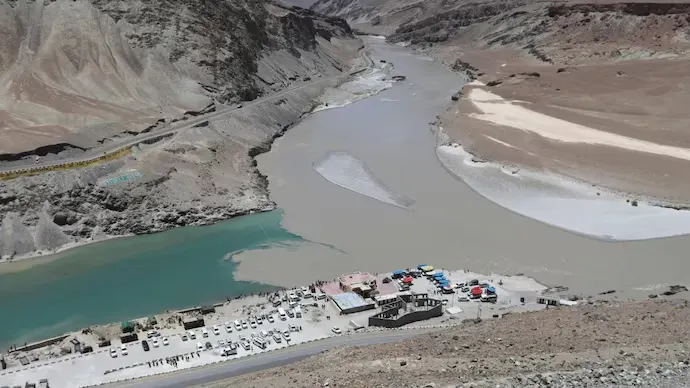
/*Pakistan's Water Crisis: Drying Farms & Disrupted Lives*/
Pakistan is already paying the price. The Guardian reports that Punjab and Sindh farmers are reporting the dams to be at "dead" levels. Farmers in the area cautioned, "We are afraid that India can cause flash floods or cut off water destined for our crops … India can starve us."
Financial Times lists the consequences: reduced irrigation, reduced farm output, threatened food security in Pakistan, and millions affected, especially in the ongoing heat and drought. Islamabad has denounced India's move as "an act of water aggression," seeking a legal remedy at the World Bank and, possibly, the International Court of Justice.
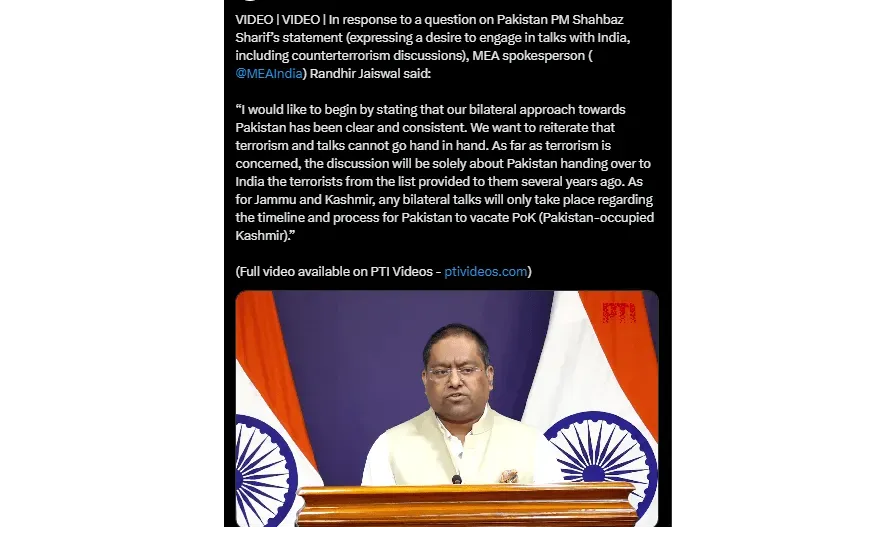
/*Indian Government Response and Regional Plan*/
India is defending its moves as acts of national security. Amit Shah told Times of India: "Pakistan will be deprived of water which it has been getting unfairly." He emphasized India's sovereign right to utilize its portion in full, reasoning the earlier treaty as unequal to India. Canal projects and improved dam facilities like Salal and Baglihar flushing are underway to utilize its waters.
Delhi demands that it is ready to negotiate water, but only after Pakistan abandons "terror support." Prime Minister Narendra Modi, bruised by working-class flight in Kashmir, is in concord with these actions and continues to pound terror syndicates.
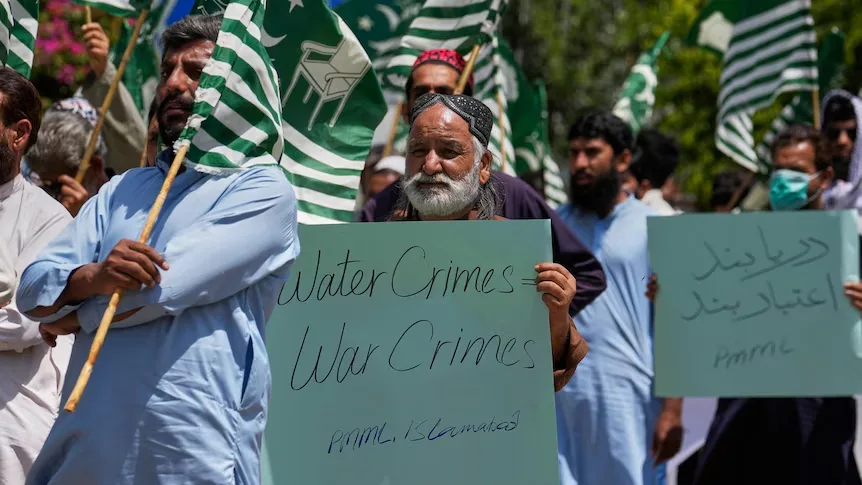
/*What Lies Ahead: Tensions, Lawfare & Water Security*/
Pakistan's Foreign Ministry is threatening legal action, calling the suspension "unlawful" and warning of escalation. Its National Security Committee has engaged war‑level jargon, invoking breaches of the Simla Agreement and potential reciprocal suspension of other bilateral treaties.
Global experts warn of a "water war" – a war over resources, as India accelerates the building of dams and potentially conceals data on river flows. Experts warn that this emergency has the potential to cause regional instability, food shortages, and heightened diplomatic tensions.
